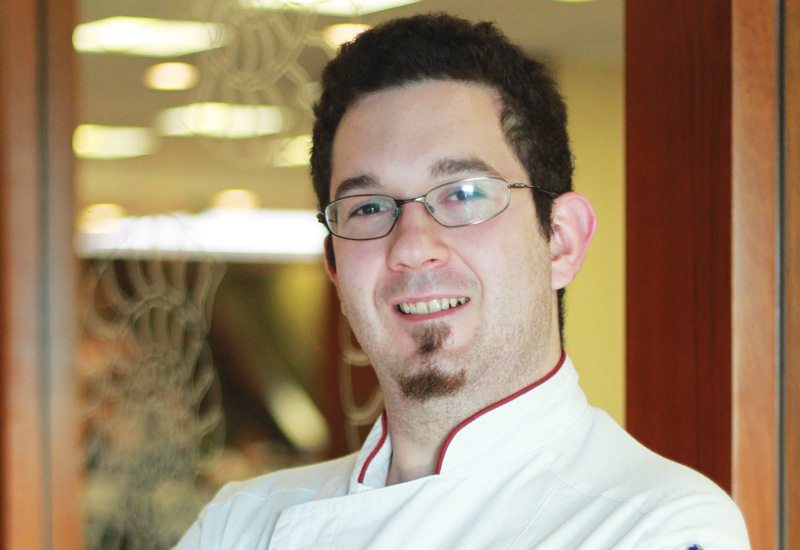Demand for gluten-free, sugar free and lactose-free dishes are among specialist food options that are growing. But just what are restaurants doing about it? More to the point, should they be forced to do something about it?
In 2011, 32.8million people in the region were diagnosed with diabetes. Four GCC countries made it on the Top 10 Fattest Nations list with Kuwait at 2 followed by Qatar at 4, the UAE at 5 and Bahrain at 10.
These stats got F&B outlets thinking about their offerings in a whole new light, and as awareness of other problems such as celiac disease and lactose intolerance grow, F&B outlets are under even more pressure to cater to the specific dietary needs of their customers.

| Advertisement |
Many are however, fairly responsive to such demands. Earlier this year, Indian chef Anil Kumar launched the Memsaab restaurant in Dubai’s Jumeirah Lake Towers, whose menus are designed with “wellness in mind”. Alongside offering dishes which use little or no oil — already a big step in Indian cuisine — gluten-free, lactose free and vegan options can be prepared on advanced notice.
Carluccio’s, Dubai Mall, uses a supplier for gluten free pasta. Another of its suppliers is introducing a range of gluten, sugar and dairy-free cakes.
But it’s not just the independent restaurants catering to specialist demands. The NKD Pizza franchise aims to “change the nutritional profile of fast food,” explains Ian Ohan, GCC area owner, NKD Pizza.
“Globally, the food industry and its regulators are largely to blame for the proliferation of diet related illnesses such as obesity and diabetes,” asserts Ohan.
Playing your part
“Our nutritional ethos revolves around the simple idea of natural, whole food ingredients with no freaky chemicals of any kind, no high-fructose corn syrup and no added sugar or salt. Our cheese is half skim milk and lower in trans fats.
We have also added agave (a natural sweetener and a prebiotic dietary fiber) and heat resistant probiotics (like in yoghurt) to support the growth of natural bacteria in your stomach and aid indigestion,” he adds.
But while Ohan talks of offering “fresher”, organic, additive-free options, just how realistic is it in practice for all outlets to do? The truth of the matter is ingredients available mass-produced, often chemically-bound and readily available, are always going to be cheaper than custom-made ones. Is cost one of the biggest obstacles in the industry’s efforts to offer a healthier, balanced, and sometimes niche, offering?
Ushna Abu Dhabi has been offering healthier food options since it opened in 2009. It opened based on the concept of a sattva menu, inspired by ayuverda — a traditional Indian medical science focused on healthy eating and living.
A dedicated offering
Chef Sunil Datt Rai says when you mention “organic and free range” it usually means more expensive.
“There is usually a slightly lower demand so they will cost more as they are not mass
produced. A restaurant like Ushna is renowned for the high quality produce used in our dishes and I think our customers are willing to pay that small percentage extra to ensure they are getting a high quality, deliciously tasting and beautifully presented meal.”
But does your offering have to be backed by a specialised concept like Ushna’s in order for customers to be willing to pay the price?
For Dubai-based gluten free bakery, Sweet Connection, the answer is yes.
Launched out of the frustration of the lack of available options for celiac sufferers, Areej Jomaa, decided to launch the bakery which sells bread, cookies, pizzas, cup cakes and so on, gluten-free.
But Ohan disagrees that you have to be a specialised concept to cater to clients with specific dietary requirements. Outlets must be proactive in exploring options that cater to every demographic he says. One of the problems he finds is that suppliers are often not willing to look at importing better quality products. This, he says, is especially true of the fast food industry.
Article continues on next page ...









 Search our database of more than 2,700 industry companies
Search our database of more than 2,700 industry companies









